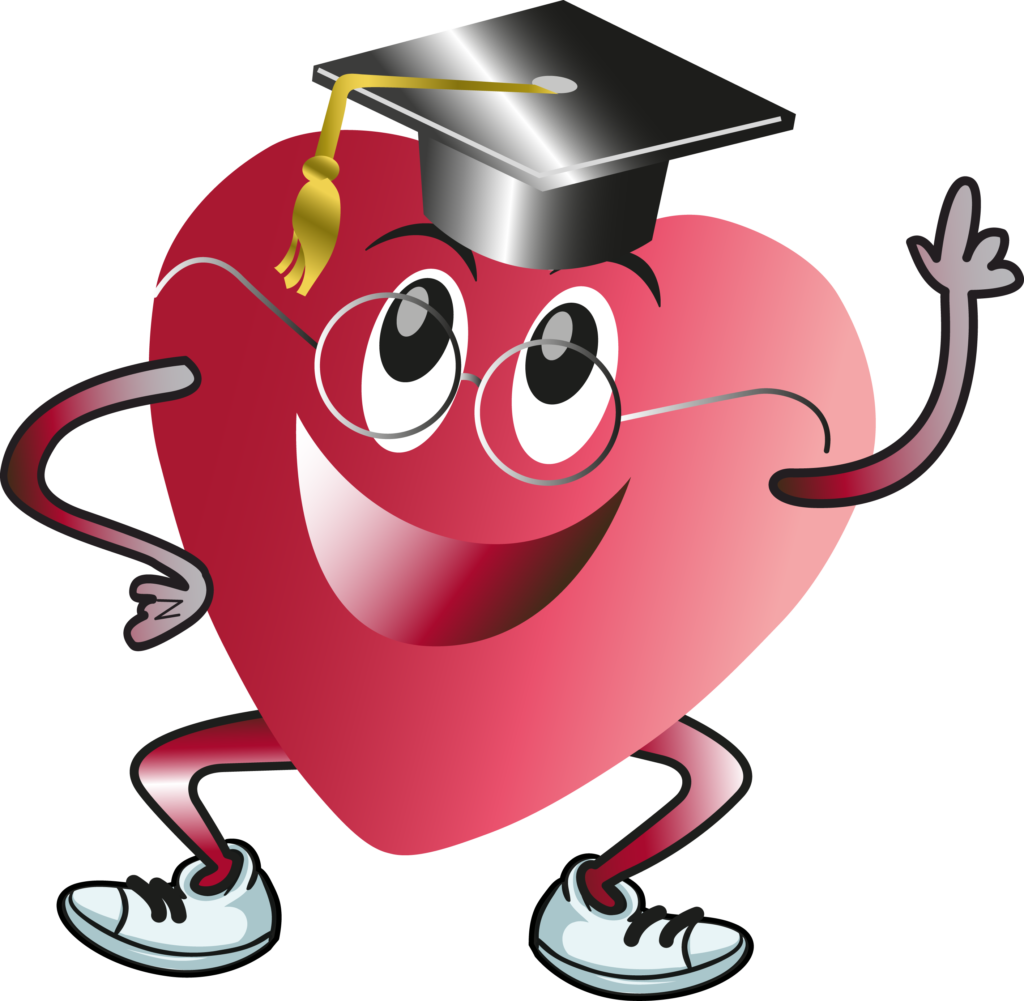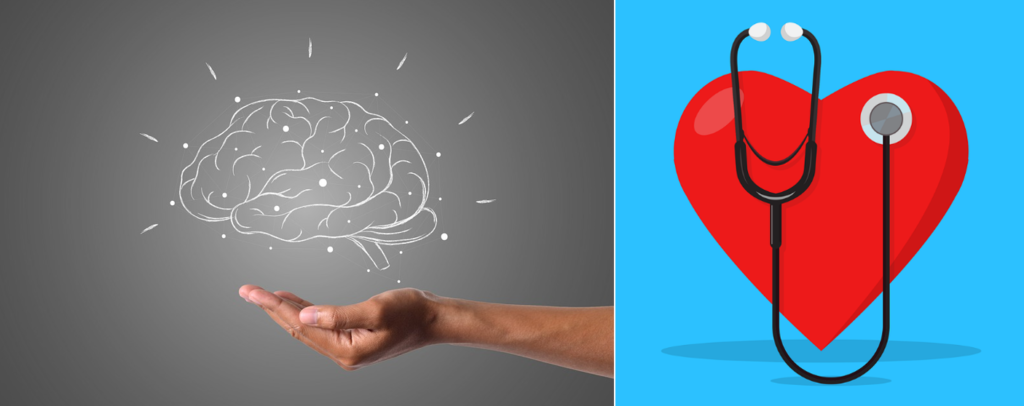What is Cholesterol?
Cholesterol is a fatty-like substance found in our bloodstream and is vital for normal body functions and main constituent of hormones and membrane. Most of the cholesterol in our body is made by the liver. Some of it is also absorbed from the food we eat. Consuming too much saturated fat such as fatty meat, animal fats and dairy products can increase cholesterol levels in your blood.
Like all other types of blood lipids, Cholesterol is transported in the blood by special proteins called lipoproteins. There are 2 main types of lipoproteins. One is called low-density lipoprotein (LDL) or commonly referred to as “bad cholesterol” which will increase the build-up of fat deposits in the arteries. The other is high-density lipoprotein (HDL) or commonly referred to as “good cholesterol”, which removes cholesterol from the blood before they are deposited as plaque in the arteries. Too much cholesterol in the blood can cause lipid (fatty substance) deposits and plaque to build up in the walls of blood vessels, including those that supply blood to the brain, thus increasing the risk of getting a stroke.
What happens in a stroke?
A stroke occurs when blood supply carrying oxygen and nutrients to part of the brain is interrupted or severely reduced. The affected brain cells begin to die in minutes and the body functions controlled by damaged brain become affected. It is known by scientists that the brain “liquefies” after a stroke. A stroke is a medical emergency and it is important to seek prompt treatment.
How do I know if I have high cholesterol?
High cholesterol has no symptoms and is a risk factor for heart disease and stroke. Manage your cholesterols by going for regular screening. Cholesterol screening once every 3 years is recommended from the age of 40.

The information, images and other material contained on this website are for informational purposes only, and are provided with no guarantee of accuracy, completeness or usefulness and without any warranties of any kind whatsoever, express or implied. No material on this website is intended to be a substitute for professional medical advice, diagnosis or treatment. Always seek the advice of your physician or other qualified healthcare provider with any questions you may have regarding a medical condition or treatment.
References
1. HypoCol website – FAQ
2. “Hyperlipidaemia” Health Hub website
3. “Brain liquefaction after stroke is toxic to surviving brain” Science Daily website
4. Stroke Association website
5. “Stroke” Mayo Clinic website
6. Singapore National Stroke Association website



